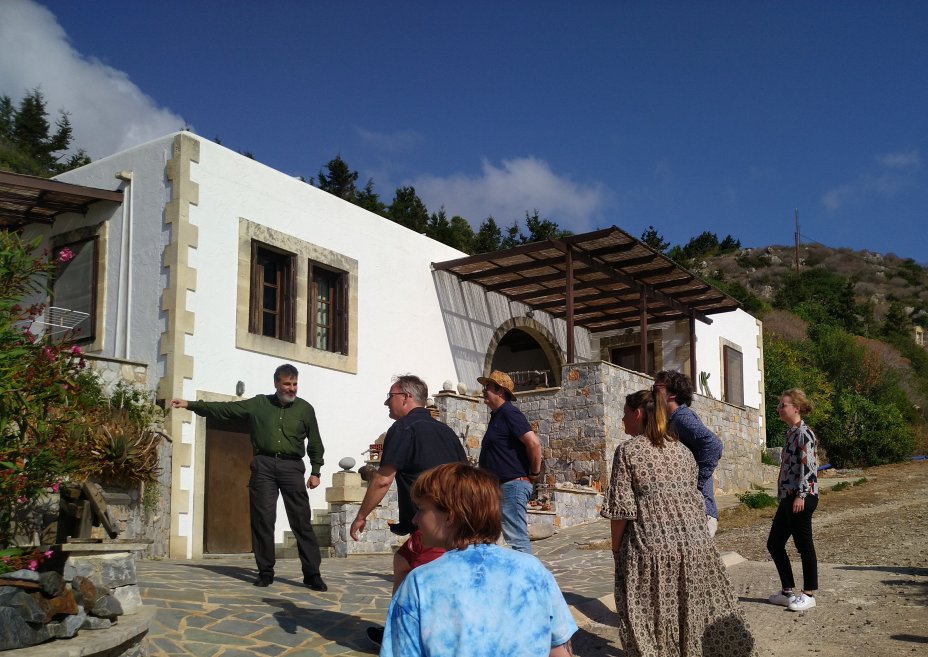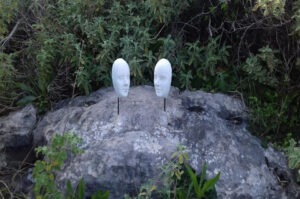 The ecumenical project »sustainable preaching« tries to form the idea of a »living network« for climate protection and creation care. People from all over the world approach the issues of climate protection and biodiversity with hopeful creativity and find fulfillment in action, carried by the power of Christian faith and love and respect for all living beings. Sharing information, hopes and visions for social and ecological justice is a motivating support.
The ecumenical project »sustainable preaching« tries to form the idea of a »living network« for climate protection and creation care. People from all over the world approach the issues of climate protection and biodiversity with hopeful creativity and find fulfillment in action, carried by the power of Christian faith and love and respect for all living beings. Sharing information, hopes and visions for social and ecological justice is a motivating support.
Different languages – shared language
Different languages are spoken in Europe. That’s why there are many ways of understanding each other better about shared goals. For sure climate protection is one of these goals, as well as issues like social equity and peaceful cooperation with each other. Justice and peace – like Creation Care – are early Christian subjects. In the Western and Eastern churches and in the Orthodox church alike different languages are spoken. But within there’s a shared Christian language and spirituality, the »language behind«. One of the project’s target is to let the commonality and the healing sink in – at right angles to the European languages – with the aim of a livable and lovable cooperation in Europe and elsewhere.
»Face to Face«1)
With its suggestions for preaching, the English speaking project »sustainable preaching« tries to better connect internationally the ethical and spiritual dimension of »Creation Care« already since 2018. However, one important part was still missing, the face-to-face encounter. This gap was closed as part of this Erasmus+ project for adult education. This opened up new avenues, not only with regard to climate protection.
1) Art project of the Orthodox Academy of Crete (OAC)
This project run for 2 years ending in April 2024 with a final conference in the abbey of Niederaltaich. A central element of the project was the »Conference in Crete« in September 2023 with participants from Germany, Greece and Hungary.


 Erasmus+ – project
Erasmus+ – project